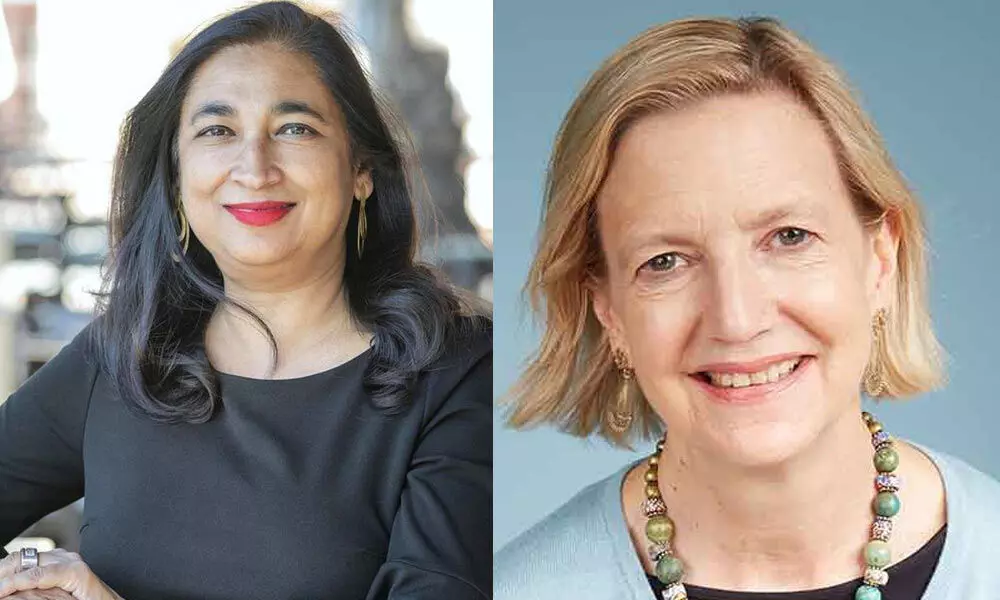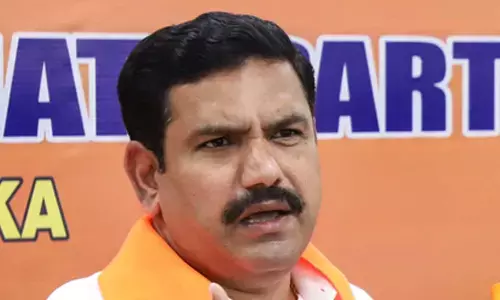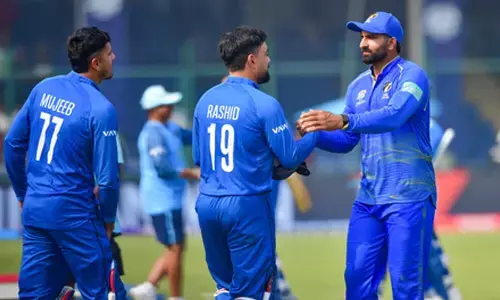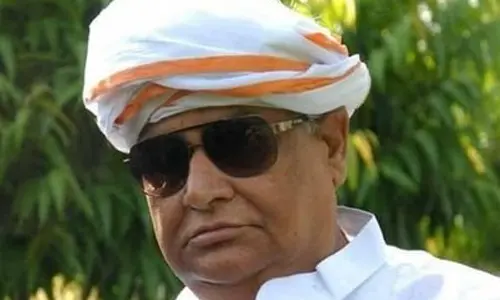Anita Bhatia and Marissa Wesely to receive the Red Bangle Award

Anita Bhatia and Marissa Wesely
Women’s Education Project announces 2021 Red Bangle Award Recipients
Anita Bhatia, Assistant Secretary-General and UN Women's Deputy Executive Director for Resource Management, UN System Coordination, Sustainability and Partnerships, and Marissa Wesely, the Co-founder of Win-Win Strategies (WWS), will receive the 2021 Red Bangle Award at its 8th annual forum - Zoë Timms, Founder and Executive Director, Women's Education Project announced.
The Red Bangle Award presented annually to a woman (or women) who "by her life and accomplishment demonstrates the indomitable eloquence of the human spirit," was inaugurated in 2015 to recognise women globally who share WEP's vision and can inspire its students, young south Indian women, to higher goals. The Award will be presented at WEP's 8th Annual Forum where the honorees will engage in a discussion on Leadership in a Time of COVID, sharing their experiences leading global organisations working towards gender equality.
Speaking on this topic, Bhatia stated, "The COVID-19 pandemic is not just a health crisis, but a global crisis with a profound impact on our societies and economies. Women were a majority of the front-line responders, health professionals, community volunteers, and scientists who responded to the crisis all over the planet. As we continue to mitigate the impact of the pandemic and build back better, we must ensure that women and girls are at the centre of the design and implementation of the solutions for long-term recovery."
Wesely added, "The disproportionate effect that the COVID-19 pandemic has had on women and girls has shown a spotlight on the critical role that grassroots women's organisations and local women leaders play in building and implementing strategies to address the systemic issues underlying gender inequality in complex local settings and drive transformative change for women and girls in their communities and countries".
From the onset of the COVID-19 pandemic, Bhatia advocated with International Financial Institutions, Ministers of Finance as well as Ministers of Gender and Development with a view to ensuring a gender lens in response and recovery efforts as part of UN Women's approach to highlight the disproportionate impact of the pandemic on women and girls.
In this context, UN Women developed a series of policy briefs on areas affected by the COVID-19 pandemic: economic fallout, the care economy, violence against women and girls, women's leadership, and humanitarian response; produced rapid gender assessment surveys with national and United Nations partners on the impacts of COVID-19 in countries across the world confirming that the COVID-19 pandemic was exacerbating pre-existing gender inequalities and deepening gender-based discrimination and vulnerability; and established a COVID-19 and gender monitor on the UN Women data hub, and, with the United Nations Development Programme, a COVID-19 Global Gender Response Tracker.
UN Women produced fact sheets with country examples, best practices, and gaps in the COVID-19 policy response and a framework for the UN Women response from the global to local levels: Gender-Responsive Prevention and Management of the COVID-19 Pandemic: from Emergency Response to Recovery and Resilience.
During the time of COVID, Wesely has been working, as part of the Win-Win Strategies team, with the UN Foundation's Universal Access Project, BSR (Business for Social Responsibility) and key corporate partners and investors to build, launch and operationalise the Resilience Fund for Women in Global Value Chains This innovative pooled fund builds on emerging practices in philanthropy to invest in women's funds and local women-led organisations, adopt democratised and participatory processes, emphasise learning, and shift power from funders to grantees. Throughout 2021, Wesely Win-Win Strategies' work has also involved hosting "virtual salons" to help build more meaningful private sector engagement and more effective cross-sector collaborations as part of the generation Equality Forum.









